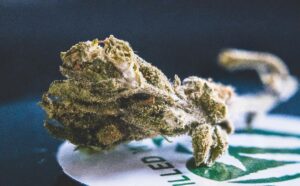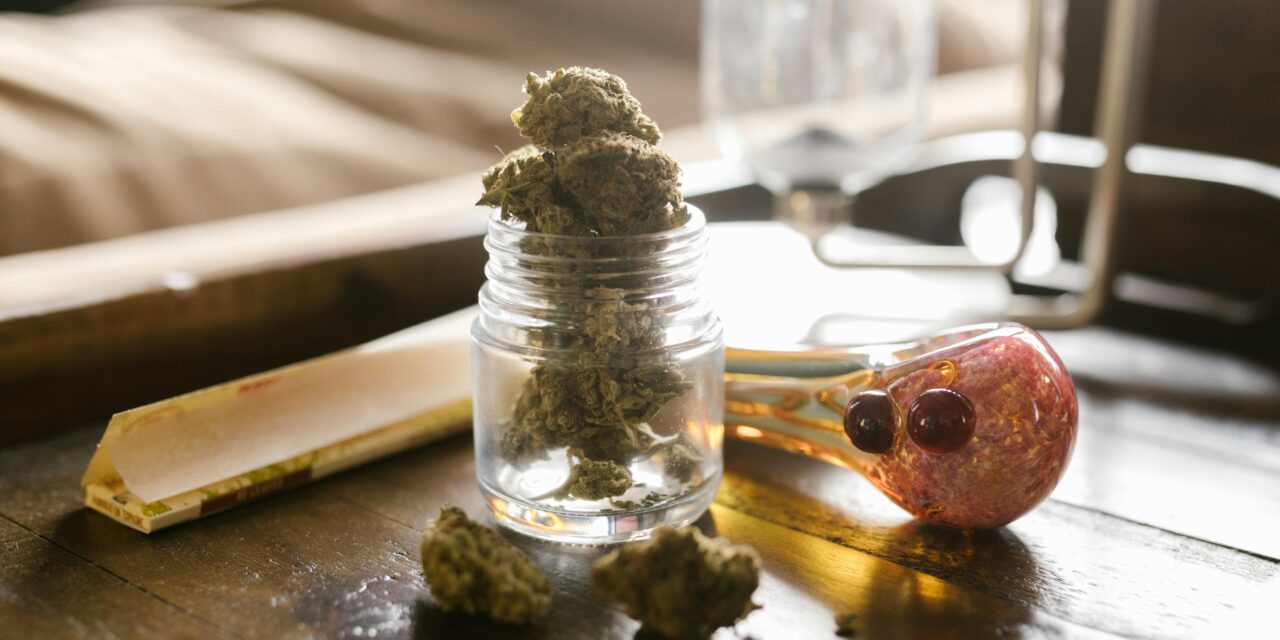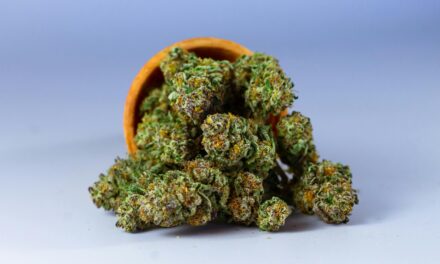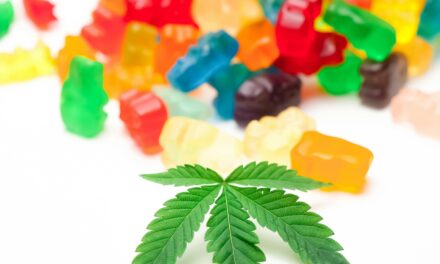The Rise, Legality, and Impact of Delta 8 THC in the Present-Day Market
Today, the cannabis sector is evolving. The much-talked-about cannabinoids were THC (delta-9 tetrahydrocannabinol) and CBD (cannabidiol). In recent times, a rather unusual cannabinoid has come into prominence: delta 8 THC. Marketed as a legal and milighter version of the more potent cousin, delta 9 THC, delta 8 has roused quite a deep interest-and often concern-for consumers, regulators, and healthcare experts alike.
Hence, even with the waxing tide of consumer awareness evolving alongside its mainstream acceptance, delta 8 THC is creating an impact of sorts: in other words, on questions of legality, safety, therapeutic potential, and regulatory direction. In contrast, in this article, we break down the significance of delta 8 THC, how it works, and the legal issues concerning its rapidly growing popularity.
What Is Delta 8 THC?
Delta 8 THC is one of more than 100 cannabinoids that the cannabis plant produces. Delta 8 THC is chemically similar to delta-9 THC, possessing slight molecular differences that make the former somewhat different. The double bond occurs on the 8th carbon chain rather than the 9th carbon chain in delta 8. The slight difference in structure changes the pharmacological actions forever.
Chemical Properties and Effects
It binds to the CB1 receptor, but with less affinity than delta-9 THC. Such binding gives a psychoactive experience, which is said to be milior compared to delta-9 THC. The users themselves describe it as a lighter high, with lesser anxiety and sedation-an attractive option for those who feel the conventional THC products are too much for them.
Despite the structural similarities, these two complexes produce distinctive morphological changes, the major ones being:
- Mild euphoria
- Enhanced concentration
- Relaxation without heavy sedation
- Appetite induction
Delta 8 THC variety:
In nature, there may be some infinitesimal amount of delta-8 THC found in cannabis plants. Thus, most products depend on synthetic conversion. Most manufacturers isolate CBD from hemp and chemically change it into delta-8 THC through an isomerization process. This may be considered highly efficient but raises concerns about purity and residual chemicals.
Still, if regulations lack consistency, then if standard operating procedures are not followed, such products may contain unknown chemicals that could adversely affect health. Some independent laboratory analyses have disclosed the presence of harmful byproducts and wrong labeling in rapidly available commercial items.
Legal Status of Delta 8 THC in the United States of America
Delta 8 THC occupies a legal gray area in the U.S. The 2018 Farm Bill legalized hemp-derived cannabinoids, upon condition that the concentration of delta-9 THC did not exceed 0.3% in dry weight. Hence, since delta 8 can be derived from hemp, some interpret it as being legal federally.
The DEA, however, has ruled that synthetically derived tetrahydrocannabinols remain controlled substances under the law. Many states have, hence, passed laws banning or restricting the sale of delta 8 THC product lines.
At present, more than 15 states, including Alaska, Colorado, and New York, have either prohibited or restricted the sale of delta 8. Others are in the process of drafting or reviewing the topic for legislation. Consumers should always check for laws in their areas before purchasing or using delta 8 products.
Delta 8 THC vs. Delta 9 THC: Key Differences
Although both compounds interact with the endocannabinoid system, the effects they produce differ markedly.
| Feature | Delta 8 THC | Delta 9 THC |
|---|---|---|
| Potency | Lower psychoactivity | Higher psychoactivity |
| Legal Status | Federally gray, legal in some states | Federally illegal, legal in select states |
| Side Effects | Fewer reports of anxiety or paranoia | Can induce anxiety or paranoia |
| Availability | Widely available in online markets | Regulated dispensaries in legal states |
These differences make delta 8 THC particularly appealing for first-time users or those seeking functional relief without the intensity of traditional cannabis products.
Possible Therapeutic Uses for Delta 8 THC
Actual studies are few; however, early days and anecdotal evidence suggest that delta 8 actually offers some medical benefits. Among them for consideration are:
- Counter to nausea and vomiting effect: Delta 8 was found to reduce nausea and vomiting in pediatric patients from cancer being treated by chemotherapy in the 1995 study.
- Pain relief: Delta 8 also presents analgesic effects, which might be useful to people suffering from chronic pain.
- Appetite stimulation: Much like delta 9 THC, delta 8 is believed to increase appetite, thus helpful for supporting the management of eating disorders or in patients with lost appetites due to illnesses
- Anxiety reduction: Many have their accounts stated that it will calm the mind without paranoia in a manner stronger than cannabis would otherwise be capable of doing.
In contrast, being foisted as a novelty product, unlike its counterparts, delta 8 was not blessed with the rigors of science. Therefore, there is room for more clinical trials, which aim at concretization of the claims and even delving into the long-term implications that arise from its use.

Safety Concerns and Side Effects
Being supposedly safer aside, delta 8 THC comes peppered with risks. Contamination can arise due to the manufacturing processes, contaminants ranging from heavy metals and solvents to synthetic chemical by-products. It has also been noted that the inconsistency in dosages makes for unpredictable reactions amongst users.
They are:
- Dry mouth
- Sleepiness
- Confusion
- Loss of motor coordination
They are usually temporary effects, but vulnerable groups, such as children, pregnant women, or people with psychiatric disorders, should avoid delta 8 without consulting a medical professional.
Market Growth and Consumer Trends
Since its inception, this industry has rapidly expanded. It now exists in many forms:
- Cartridges for vaporizing
- Gummies and edibles
- Tinctures
- Softgels
- Infused beverages
Most of the growth is courtesy of aggressive marketing coupled with the easy legal status of the product. Due to their unregulated nature, delta 8 products are often sold at gas stations and vape shops, in addition to online platforms that require no age verification or a medical prescription.
While such rapid commercialization raises ethical questions about consumer safety, the matter becomes even more pertinent regarding younger audiences.
The Future of Delta 8 THC
The time of delta-8 THC is one exciting chapter unfolding in the history of cannabis reform. This product represents a demand for alternative wellness products and presents an occasion to exploit regulatory loopholes. With consumer interest regrettably climbing, the market players and the policymakers need to work together to draw the safest, most transparent, and most evidence-based regulatory atmosphere for cannabinoid products.
Such actors demand full testing, clear labeling, and restrictions on whether they can sell to minors. Researchers urge long-term studies regarding the effects of the compound, especially on pharmacodynamics and potential health risks.
Until consumers are requested to treat delta-8 THC as a curiosity, they are also requested to treat it with caution.





